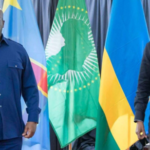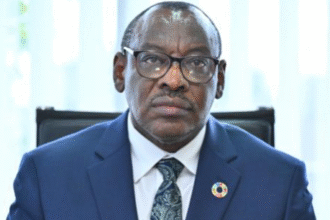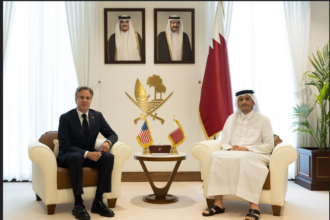Accra, Ghana – The legacy of ex-President Nana Akufo-Addo’s administration is increasingly being overshadowed by persistent allegations of corruption and graft within government circles. While the administration has touted its efforts to combat corruption, critics and opposition figures contend that the scale of alleged malfeasance has been significant and detrimental to the country’s development.
Over the past several years, numerous reports and accusations have surfaced, implicating high-ranking officials in various forms of corruption, including embezzlement, bribery, and abuse of office. These allegations span across different sectors, from procurement processes to public land administration and even the judiciary.
One prominent case involved the former finance minister’s corruption probe, alleged inflated contracts for infrastructure projects, and/or a controversial land deal. This sparked widespread public outrage and calls for independent investigations. While the government launched an inquiry, its findings have faced criticism for being insufficient and lacking transparency.
Small opposition parties have been vocal in their condemnation of the alleged corruption, accusing the government of shielding past officials and failing to take decisive action against those implicated.
Civil Society Organizations (CSOs) have also played a crucial role in highlighting these issues.
The Akufo-Addo administration has defended its record, pointing to the establishment of the Office of the Special Prosecutor and the passage of anti-corruption legislation. However, critics argue that the Office of the Special Prosecutor has been hampered by a lack of resources and political interference, limiting its effectiveness.
The persistent allegations of corruption are having a tangible impact on Ghana’s development. The diversion of public funds is said to be hindering investment in essential services such as education, healthcare, and infrastructure. Furthermore, the erosion of public trust in government institutions is undermining democratic stability.
As Ghana prepares for its next economic transformation and strategic governance, the issue of corruption is expected to be a central theme. The citizens will likely scrutinize the track record of both the ruling party and the opposition, judging their commitment to tackling corruption and promoting good governance.
The coming months will be crucial in determining whether the Mahama administration can effectively address the concerns surrounding corruption and restore public trust. Failure to do so could have significant consequences for the country’s future.









